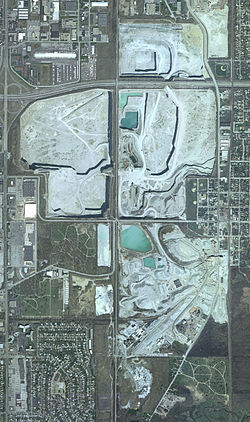Soap bubbles blown in freezing temperatures turn into stunning ice crystals.
Hope Thurston Carter captured the images after blowing
bubbles on several freezing days in Michigan. Temperatures between -9 and -12C are ideal for creating the ice bubbles.
In the midst of one of the most severe winters in modern American history, the 52-year-old, of Martin, Michigan, got the idea after seeing similar pictures on the Internet.
'I was instantly curious and ran out and bought some
bubble solution so I could try this myself,' she told HotSpot Media.
'I found out very quickly that blowing bubbles in the
winter and trying to photograph them is not as simple and easy as it looks!’ Still weather with temperatures between -9 and -12 degrees Celsius is ideal for creating the ice bubbles. On such a day, Hope ventures into her back garden with a bottle of bubble mixture, blows a flurry and, when one lands intact, runs to her camera to photograph it as crystals spread.




























